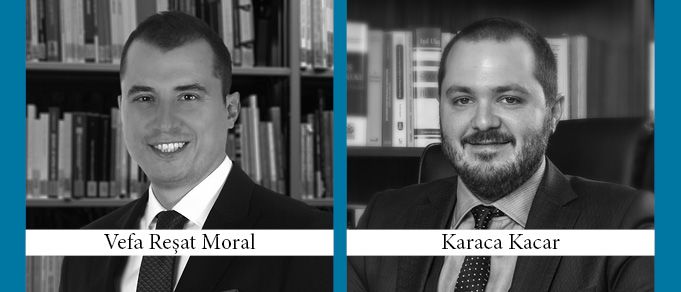Although the economic needle of the Turkish compass suffers through changes and deviations in the recent years, energy sector (mainly renewable/sustainable) remains true to its nature of sustainable growth and energy.
In the recent couple of years Turkey enacted key legislations to regulate and help the renewable energy sector flourish under the global trends. Licenses and resources management and allocation underwent a comprehensive structural change in the legal infrastructure and implementation. These renovations paved the way for new ideas and projects from the private sector. Of course new ideas and projects were not the singular force of effect due the changes. Co-operations, joint ventures, mergers and acquisitions took a fresh new breath in the recent climate as well.
Joint ventures, mergers and acquisitions are an anatomically essential part of the general private sector. Renewable energy sector is a definite target for M&A transactions since the legislation does not allow transfer of licenses. With the helping hand of the government regulating a new system for the management and allocation of renewable energy resource areas that mainly belongs to the government (YEKA); those essential parts became even more restless. The introductory provision of the regulation hammers out the scope and aim of the renovation pretty summarily; to speed up the assignment process of government, treasury or private owned lands for procuring energy resource areas which can be allocated for large renewable energy production projects. It would be an understatement to summarize the regulation based solely upon this description. The regulation also implements a new system for the support of research and development of local technology to be used in this sector.
Naturally, with these new regulations in place, following and supporting the recent years’ licensing regulations renewal private and corporate cogs started to gain more traction in their movements. Projects met with equity, research met with cooperation and results soon followed. Both foreign and domestic investments played active roles in mergers and acquisitions across the national board. For example; a leading investment bank reflected current trends of the previous stage by the end of 2014 in an article describing and analysing the M&A trends of the Electric Energy Sector in Turkey, “Foreign investors focused on active and/or large capacity projects in the WPP sector, while the domestic investor focused on the licenses and projects they possessed.” Renewable energy, being one of the most powerful advancement trends of the world, pushed every outside interference possibility aside and followed its personal economic trend. Political changes, stock market trends, foreign exchange rates or any other possible major interference threat did not pose a critical effect for the plans of the sector. Perhaps one effect may be of importance to mention; the wide range of projects and opportunities of Turkey forced companies and sector players in to deals and cooperation. Singular companies and investors were too few to mention. What breathed fresh air to the growing fire of the sector were joint ventures, mergers and acquisitions.
It is important to designate the scope and aim of every legislation and regulation since not every regulation is directly responsible for the sustainable activity of any sector. It must be clearly stated that, the licensing infrastructure change brought forth the comprehensive and resourceful aspects of the investments and projects. Serious projects which have been researched and thoroughly developed rose to the top and the licensing renovations rewarded these projects. So the technical talent had to merge with the financial power, financial parties merged with or acquired strategic investors. The licensing regulation and infrastructure played a key role in the livening of the M&A scene in the renewable energy sector.
Present day. The newly enacted regulation, which we talked about above, regarding the allocation and designation of resource areas, is richening the scene and the sector following the licensing infrastructure renovation. This new implementation adds a new branch to the scene in which strategic alliances will work together with the government and within the private sector for the development, allocation and management of the resource areas and the projects to be created from these resource areas. Not to mention the support for the research, development and production of national technology for the sector. Naturally the M&A scene have livened even more in reaction, preparation and anticipation.
To summarize, in the light of regulative developments the M&A activity on renewable energy market has livened and matured to the point that it has helped the whole sector stabilize itself. While the sector has been stabilizing its dynamics and regulations, prosperous and effective projects have reached their final addresses and lesser projects (ones bearing technical complications, insufficient R&D etc.) have seen their fair share of review and critique, which also lead to their betterment and/or termination. This push/pull movement actually reflected on the sector as a gearing-down effect, which in turn may have shown a decrease in the M&A numbers, but in the end it proved to be a classic quality over quantity battle, in which quality eventually triumphed. Moreover with the new allocation and management legislations, the proved projects and effective players will have a suitable operating ground for their alliances and joint ventures thanks to this result. This livening and dynamic activity is grossly owed to the new regulation regarding the management and allocation of resource areas. The regulation played the greater role in the betterment and enrichment of the sector while helping categorize the M&A scene both in effectiveness and in volume, directing the key and major players toward specialized partnerships and co-operations which are better suited for the high-supply and effective projects.
By Vefa Resat Moral, Managing Partner, and Karaca Kacar, Senior Associate, Moral Law Firm

















